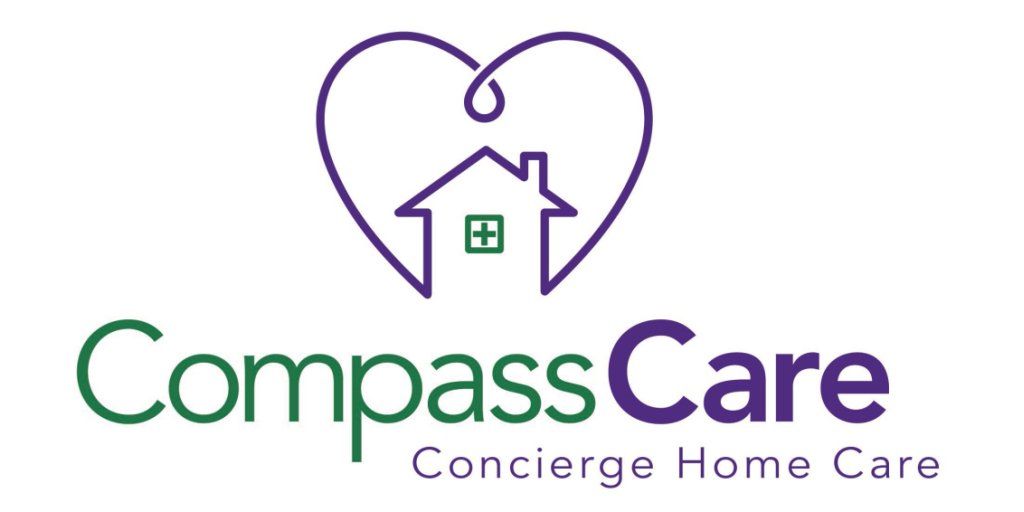Primary Care Physicians & Concierge Medicine
What to Expect From Your Dr. Visit and Other Health Care Professionals By: Dr. Mark LachsOver the past decade, primary care medical practices have changed quite significantly. Sometimes you may consider switching doctors which can be stressful and a very important decision, and one not to take lightly. There are some general principles about what you have the right to expect from a primary care physician and when you may want to consider looking elsewhere. As well, there are other medical professionals other than your primary care doctor – such as physician assistants and nurse practitioners - who can serve as key players on your health care team.What Is Reasonable to Expect
- Test Results: To avoid potentially agonizing waiting games when it comes to getting back test results, it’s a good idea to ask your physician how long it will take to get the results back and how you can obtain them. Will he/she call you? Or should you call him/her?
- Physician phone accessibility: I believe that it’s reasonable for you to expect a call back the same day or night, depending on the nature of the problem. If you think it’s an emergency, tell the person answering the phone. And if you’re not sure, you can ask to speak with the nurse. The next time you have a routine office visit, ask your doctor what kind of problems constitute an emergency and how/ when that should be conveyed when you call the office.
- After office hours: Doctors who provide excellent care to older adults should be on call 24/7 for their patients. It’s a good idea to always speak with your doctor before heading to the emergency room – often trivial problems could turn out to be more dangerous than the problem itself once you are in the ER.
- Waiting: If chronic tardiness is a habitual problem with your doctor, it’s a good idea to talk with the office staff before pulling the plug on the relationship.
- Hospitalists: Find out your doctor’s policy if you are admitted to the hospital. Will he/she be providing that continuity of care, or will you be treated by someone in the hospital other than your primary care doctor.
What is a “Physician Extender”? This refers to two types of health care professionals who can be of enormous value: Nurse Practitioners (NP) and Physician Assistants (PA). When properly integrated into a medical practice, NPs and PAs can provide care that far exceeds anything you can expect from a typical primary care doctor. In many ways, they are in a position to better understand the problems of older adults than anyone else in medicine. If you find yourself joining a practice with a primary care doctor who utilizes physician extenders, don’t regret; rather, rejoice! You will most likely come to love your nurse practitioner or physician assistant as much as or even more than your doctor.
Concierge MedicineConcierge Medicine is a membership-based service in which physicians generally have much fewer patients, making it possible to have more hands-on involvement. As a “member” you pay an annual fee or retainer in addition to the cost of each physician visit or interaction. There are varying versions of concierge practices, each with different annual fees and services. The concierge model provides time for a physician to be detail-oriented and offer continuity across all of the places you receive care and all of the people you get it from. This is especially something to consider if you are dealing with multiple chronic conditions that require coordination.

